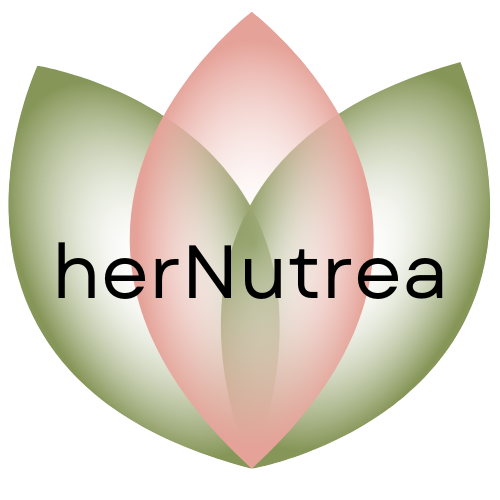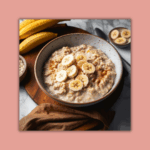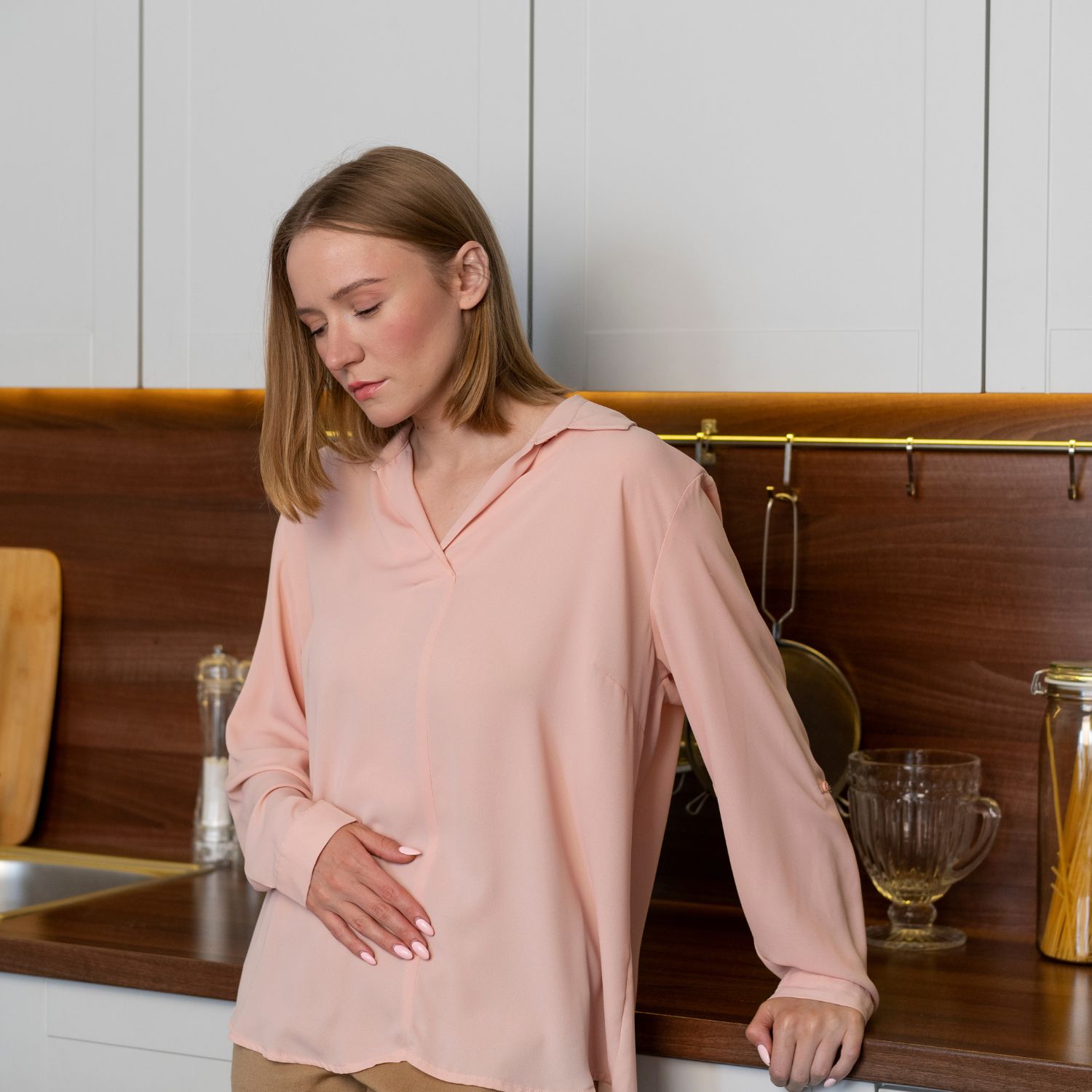Stress and sleep interact via the microbiota–gut–brain axis, especially in midlife women. A fiber-rich, plant-forward diet, fermented foods, and lifestyle habits support gut health, stress resilience, and better sleep. Probiotics may help but vary by strain.
If stressful days make restful nights harder, and poor sleep makes the next day feel even more stressful, you are noticing a real pattern. Stress and sleep influence each other in a complex loop, and your gut plays a key role in this loop through the microbiota and the gut-brain axis, a network that links your digestive system and nervous system.
At HerNutrea, we support women with science-backed, food-first strategies and personalised tools to alleviate stress and improve their sleep cycle from the inside out.
-
Explore our at-home gut test: Microbiome Test
-
Discover our approach: Learn Our Approach
-
Get nutrition guidance tailored to you: START MEAL PLAN | Book Consultation
The Gut, Brain Connection, Why It Matters
-
Your gut and brain constantly communicate through nerves (including the vagus nerve), hormones, immune messengers, and microbial metabolites. This is referred to as the microbiota–gut–brain (MGB) axis. Dysregulation of the stress response (HPA axis) and changes in gut microbiota can influence mood, alertness, and sleep quality, and vice versa (Frontiers in Endocrinology, 2023).
-
The gut barrier (your intestine’s “gatekeeper”) allows nutrients in while keeping undesirable substances out. Chronic stress can alter stress hormones and inflammatory signalling, which may weaken tight junctions (the proteins that seal cells together), a pattern observed in preclinical and mechanistic studies (Scientific Reports, 2017; overview in Frontiers in Cellular Neuroscience, 2015). Human data are mixed and still evolving on how psychosocial stress alone changes intestinal permeability (Neurobiology of Stress, 2023).
Midlife & women’s health: the gut’s added importance
Throughout a woman’s life, hormones influence gut function, microbiota diversity, and the interaction between stress and sleep. Puberty, the menstrual cycle, pregnancy, postpartum, perimenopause, and menopause each bring shifts that can overlap with sleep disruption, mood changes, and metabolic patterns. The gut microbiome also participates in oestrogen metabolism, the oestrobolome, which can influence symptoms and long-term health at every stage. See the overview: The Microbiome and Menopause: A Vital Connection.
What stress does to the gut, and why that matters for sleep
-
Stress hormones and inflammatory signals can influence gut motility, barrier integrity, and microbial composition (Journal of Physiology, 2023; Frontiers in Endocrinology, 2023).
-
When the gut is imbalanced, fewer beneficial metabolites reach the brain, such as short-chain fatty acids and neurotransmitter-like compounds that modulate stress reactivity and support relaxation pathways (Frontiers in Endocrinology, 2023).
Practical, food‑first steps that support stress resilience and sleep
-
Prioritise fibre (aim for approximately 30 g/day). A varied, plant-forward diet (vegetables, fruits, legumes, whole grains, nuts, seeds) feeds beneficial microbes that produce butyrate and other short-chain fatty acids, supporting the gut barrier and calming signalling along the MGB axis (see our menopause-focused overview: Healthy Gut Barrier).
-
Add resistant starch a few times per week (such as cooled potatoes, oats, beans/lentils, or slightly green bananas).
-
Enjoy fermented foods regularly (live yoghurt/kefir, sauerkraut, kimchi) for natural probiotics.
-
Include polyphenol-rich foods, such as berries, colourful vegetables, olive oil, green tea, and cocoa, for anti-inflammatory support.
-
Build a sleep-steady plate in the evening: protein + high-fibre carbs + magnesium-rich foods (leafy greens, pulses, seeds). A light, earlier dinner can be beneficial for some women.
-
Engage in gentle, regular movement (such as walking or yoga) and maintain a wind-down routine (dimming lights and maintaining a consistent schedule), as these are gut- and sleep-supportive habits.
Tip: If you’d like a done-for-you pathway, our personalised plans translate these principles into weekly menus and recipes tailored to your preferences: START MEAL PLAN.
Probiotics, prebiotics, and “psychobiotics”: what the science says
-
Probiotics and stress hormones: A 2024 meta-analysis of 46 RCTs found that probiotics were associated with a small reduction in cortisol overall, with heterogeneity and low certainty, promising but not definitive evidence (Nutrients, 2024).
-
Strain-specific data: In a double-blind RCT of students, Lactobacillus plantarum 299v helped prevent the rise in salivary cortisol during exam stress (Int J Microbiol, 2016).
-
Prebiotics and stress reactivity: In healthy volunteers, 3 weeks of the prebiotic B-GOS (a galactooligosaccharide) reduced the cortisol awakening response and shifted emotional processing towards a more positive bias (Psychopharmacology, 2014).
-
Subjective stress: A systematic review/meta-analysis in healthy volunteers suggests that probiotics can reduce perceived stress, although the effects on cortisol are inconsistent (Neurobiology of Stress, 2020).
What this means for you:
-
Food foundations (fibre-rich plants, fermented foods, polyphenols) and lifestyle basics (movement, adequate light exposure, wind-down) remain the first line of defence.
-
Probiotics/prebiotics may complement these habits. Strain and dose matter; responses vary. If you trial a supplement, give it 4–8 weeks and monitor sleep quality, stress reactivity, and GI comfort.
If you’re unsure where to begin, consider a gut snapshot first: Microbiome Test, then personalise with a 1:1 consultation.
When to seek extra support
-
Persistent insomnia, loud snoring/pauses in breathing, significant mood changes, unexplained weight change, or ongoing GI symptoms warrant medical evaluation. Our content is educational and should not be used as a substitute for medical advice.
A simple evening routine to try this week
-
90 minutes before bed: dim lights, reduce screens, sip herbal tea
-
Dinner: protein + high-fibre carbs + veg (e.g., baked salmon, lentil–quinoa tabbouleh, sautéed greens)
-
10 minutes: box breathing or a relaxing stretch
-
Keep the bedroom cool, dark, and quiet; aim for a consistent sleep–wake time, even on weekends
HerNutrea resources
-
Menopause & the gut: The Microbiome and Menopause: A Vital Connection
-
Supporting gut barrier health in menopause: Healthy Gut Barrier
-
Explore testing and personalisation: Microbiome Test | START MEAL PLAN | Book Consultation
References
-
Psychosocial stress and intestinal permeability (human evidence overview): Neurobiology of Stress (2023)
-
Chronic stress and tight junction regulation (mechanistic): Scientific Reports (2017)
-
MGB axis and the HPA axis (review): Frontiers in Endocrinology (2023)
-
Gut microbiome, intestinal permeability, and stress-related disorders (review): Frontiers in Cellular Neuroscience (2015)
-
Probiotics and cortisol (meta-analysis): Nutrients (2024)
-
L. plantarum 299v and salivary cortisol under exam stress (RCT): Int J Microbiol (2016)
-
Prebiotic B-GOS and cortisol awakening response (RCT): Psychopharmacology (2014)
-
Probiotics and subjective stress (systematic review/meta-analysis): Neurobiology of Stress (2020)
-
Stress and GI function via the MGB axis (topical review): Journal of Physiology (2023)








